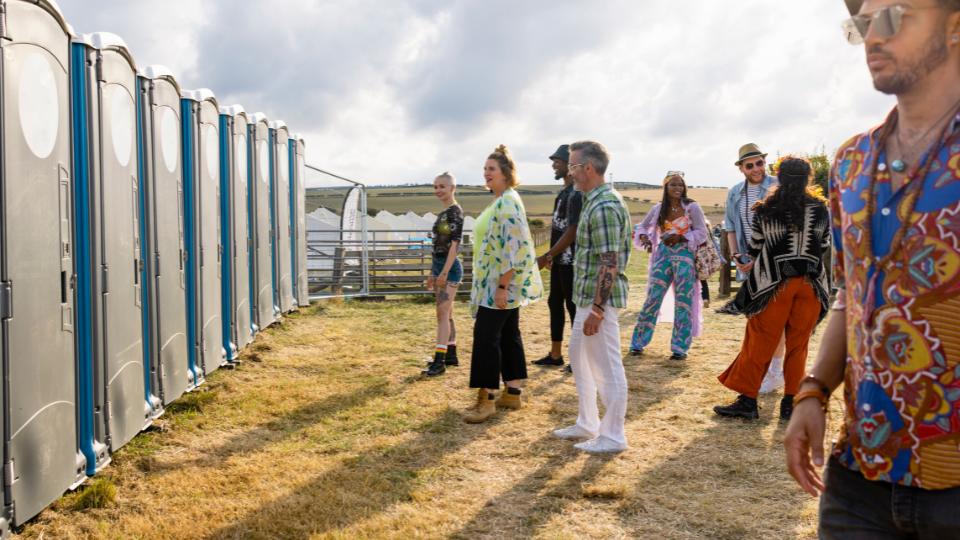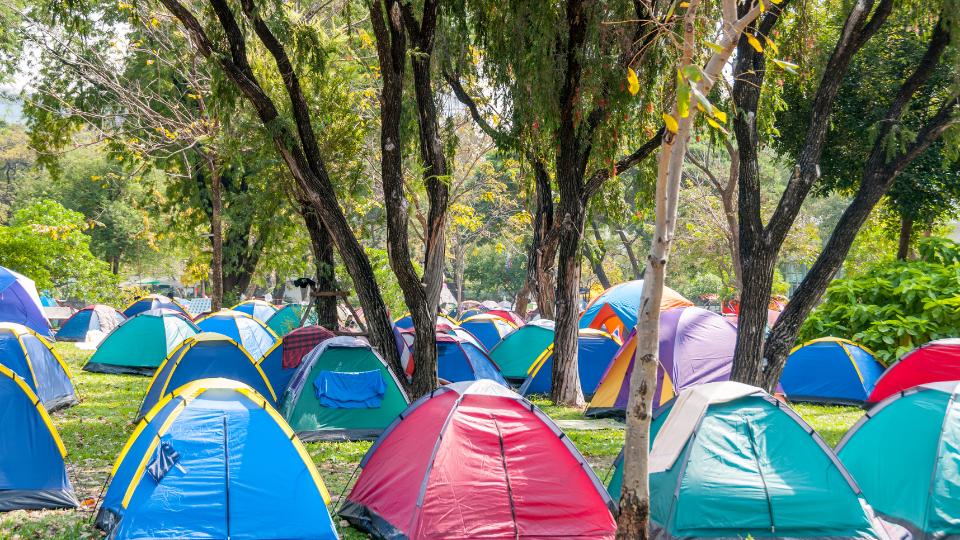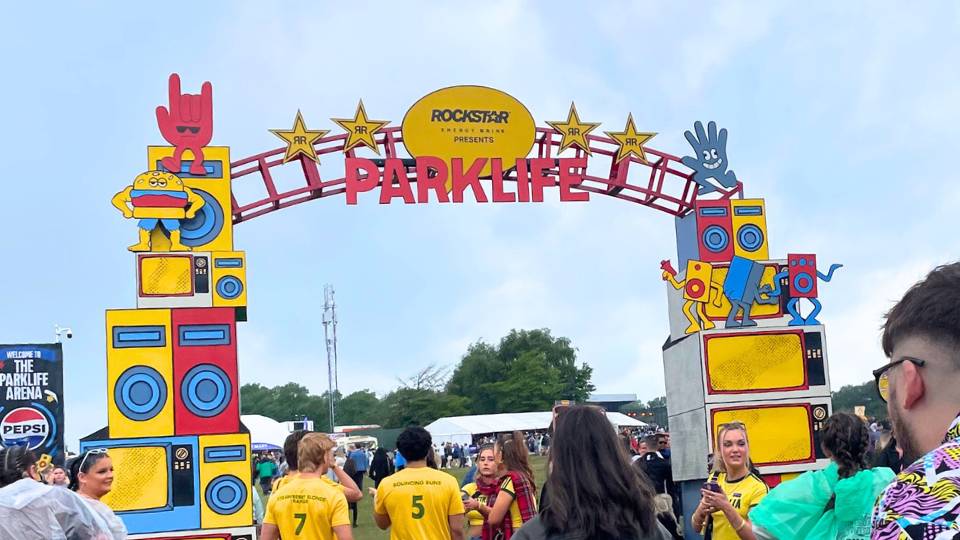
Parklife Festival, held annually in Manchester’s Heaton Park, has established itself as one of the most significant music festivals in Europe.
With a diverse lineup spanning multiple genres, it attracts tens of thousands of attendees each year.
However, alongside its musical and cultural contributions, Parklife also faces the challenge of managing the substantial amount of waste generated during the event.
As environmental sustainability becomes an increasingly crucial concern, the festival organisers are implementing various measures to reduce waste and promote eco-friendly practices.
Table of Contents
- Waste Management Challenges at Parklife Festival
- Parklife Recycling and Waste Reduction
- Reducing Single-Use Plastics
- Disposable Vapes at Parklife
- Parklife Community Fund and Environmental Projects
- Parklife Waste Management Tech
- Engaging Attendees in Sustainable Practices
- Conclusion

Waste Management Challenges at Parklife Festival
The volume of waste produced at Parklife Festival is staggering.
Tens of thousands of people attending over the course of two days results in significant amounts of rubbish, including plastic cups, food wrappers, and promotional materials.
In 2023, the festival’s waste management team reported collecting over 100 tons of waste.
This included not only litter left on the ground but also waste from food and drink vendors, portable toilets, and camping areas.

Parklife Recycling and Waste Reduction
To address the waste issue, Parklife has introduced several recycling initiatives.
Recycling stations are strategically placed throughout the festival grounds, making it easier for attendees to dispose of their waste responsibly.
These stations are accompanied by clear signage and educational materials to guide festival-goers on what can and cannot be recycled.
In 2023, Parklife reported a significant increase in the amount of waste recycled compared to previous years, thanks in part to these efforts.
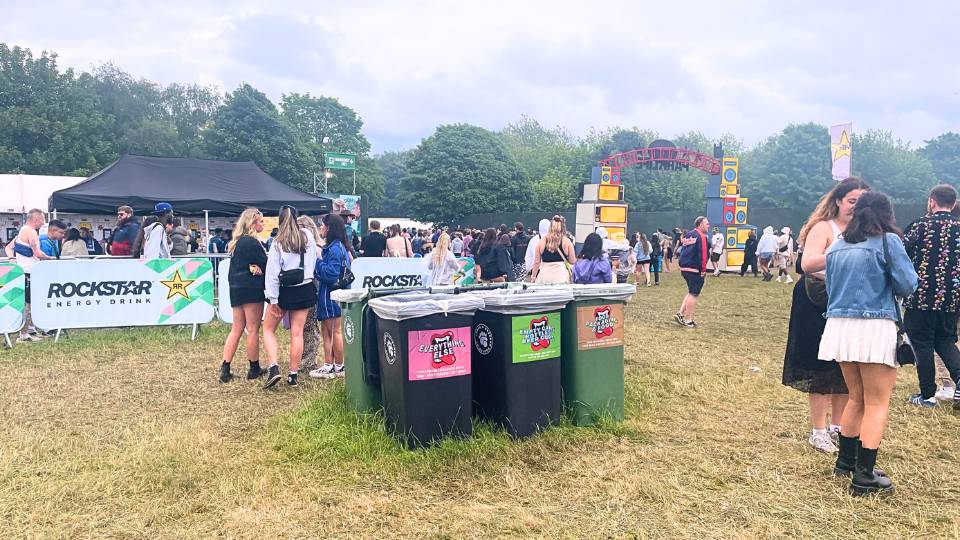
Reducing Single-Use Plastics
One of the primary sources of waste at music festivals is single-use plastics.
Parklife has taken steps to minimise the use of these materials by encouraging vendors to use compostable or recyclable packaging.
The festival also promotes the use of reusable water bottles and provides refill stations to reduce the number of plastic bottles sold and discarded during the event.
In 2023, the festival’s “Bring Your Bottle” campaign saw thousands of attendees opting for reusable options over single-use plastics.

Disposable Vapes at Parklife
A growing concern at many festivals, including Parklife, is the increasing prevalence of disposable vapes.
These devices, often discarded carelessly, pose a significant environmental threat due to their plastic components and the hazardous chemicals they contain.
Disposable vapes are not only challenging to recycle but also can contribute to soil and water pollution if not disposed of properly.
Parklife has recognised this issue and is taking steps to mitigate the impact of disposable vapes.
The festival encourages attendees to use reusable vaping devices and provides designated disposal bins for vapes.
These bins are equipped with information on the environmental impact of improper vape disposal and instructions on how to dispose of vapes safely.
In 2024, Parklife plans to partner with specialised recycling companies to ensure that collected vapes are disposed of in an environmentally responsible manner.
In addition, the festival’s educational campaigns aim to raise awareness among attendees about the dangers of disposable vapes and promote more sustainable alternatives.
By addressing the issue of disposable vapes, Parklife is taking a proactive stance in reducing its environmental footprint and encouraging responsible behaviour among festival-goers.
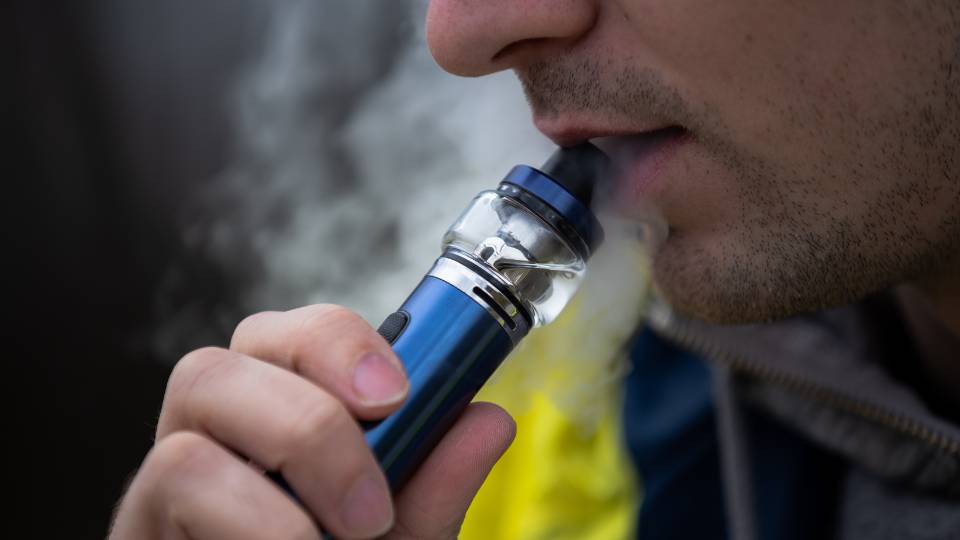
Parklife Community Fund and Environmental Projects
Parklife’s commitment to sustainability extends beyond the festival itself.
The Parklife Community Fund, established in collaboration with Manchester, Bury, and Rochdale councils, supports various local initiatives, including environmental projects.
In 2023, the fund distributed £63,000 to 50 community groups.
Many of these groups are involved in activities such as park clean-ups, tree planting, and environmental education programmes.
This initiative not only helps to mitigate the environmental impact of the festival but also creates a sense of community and environmental stewardship among local residents.
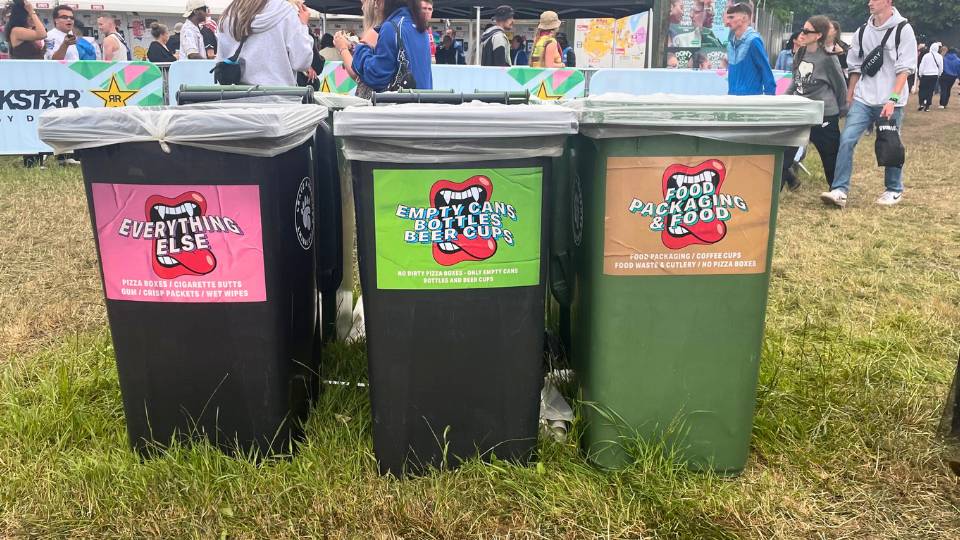
Parklife Waste Management Tech
Technology plays a crucial role in Parklife’s waste management strategy.
The festival employs advanced waste sorting systems that help to separate recyclable materials from general waste more efficiently.
Additionally, Parklife uses data analytics to track waste production and identify areas where improvements can be made.
This data-driven approach allows the festival to continually refine its waste management practices and set more ambitious recycling targets each year.
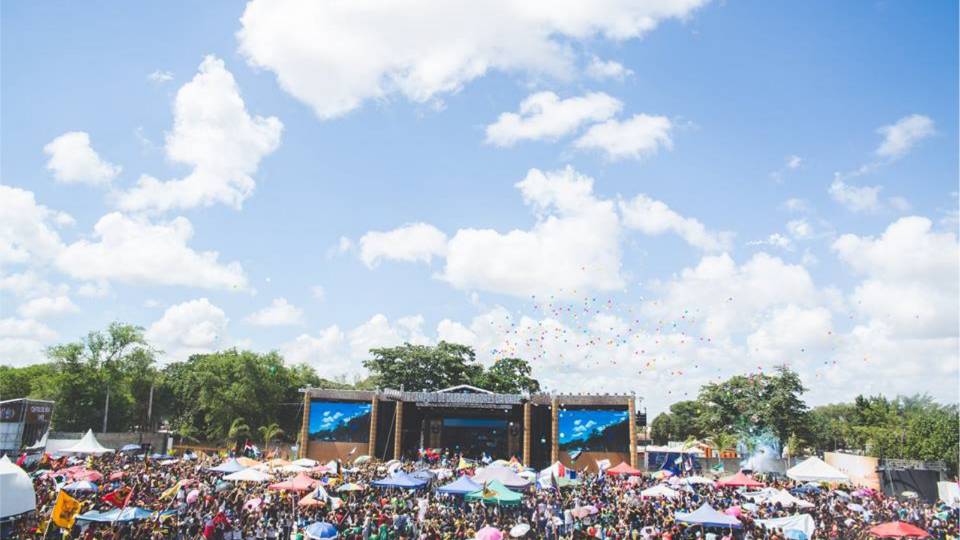
Engaging Attendees in Sustainable Practices
Educating and engaging attendees is essential for the success of any sustainability initiative.
Parklife takes several steps to encourage festival-goers to adopt more eco-friendly behaviours.
This includes providing information on the environmental impact of waste and the importance of recycling through social media, the festival website, and onsite signage.
Additionally, Parklife incentivises attendees to participate in waste reduction efforts by offering rewards such as discounts on merchandise for those who bring their own reusable containers.

Conclusion
The efforts of Parklife Festival to manage waste and promote sustainability highlight the broader importance of environmentally responsible practices in the events industry.
As one of Europe’s largest music festivals, Parklife has a significant platform to influence and inspire both attendees and other event organisers.
By prioritising sustainability, Parklife not only helps to protect the environment but also enhances the overall experience for festival-goers, ensuring that the festival can be enjoyed by future generations.

